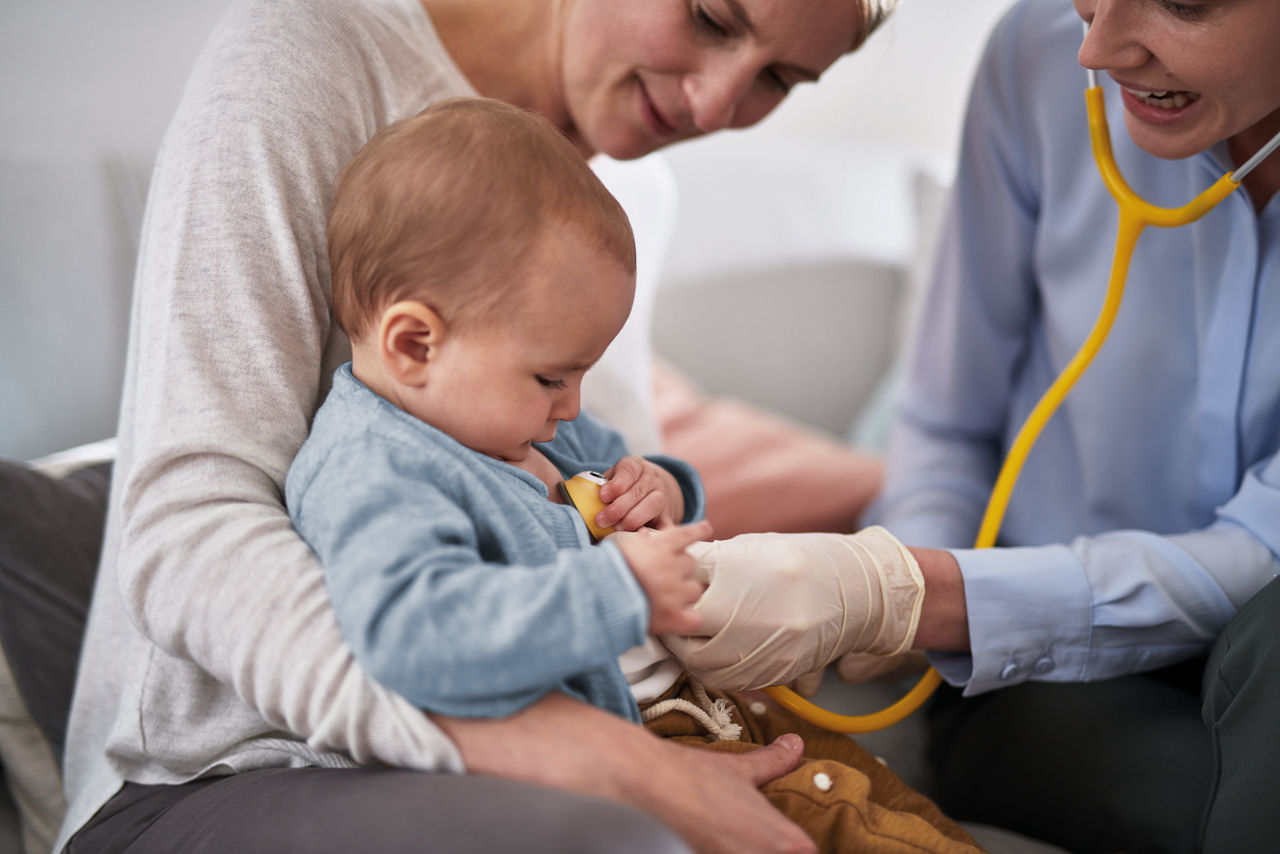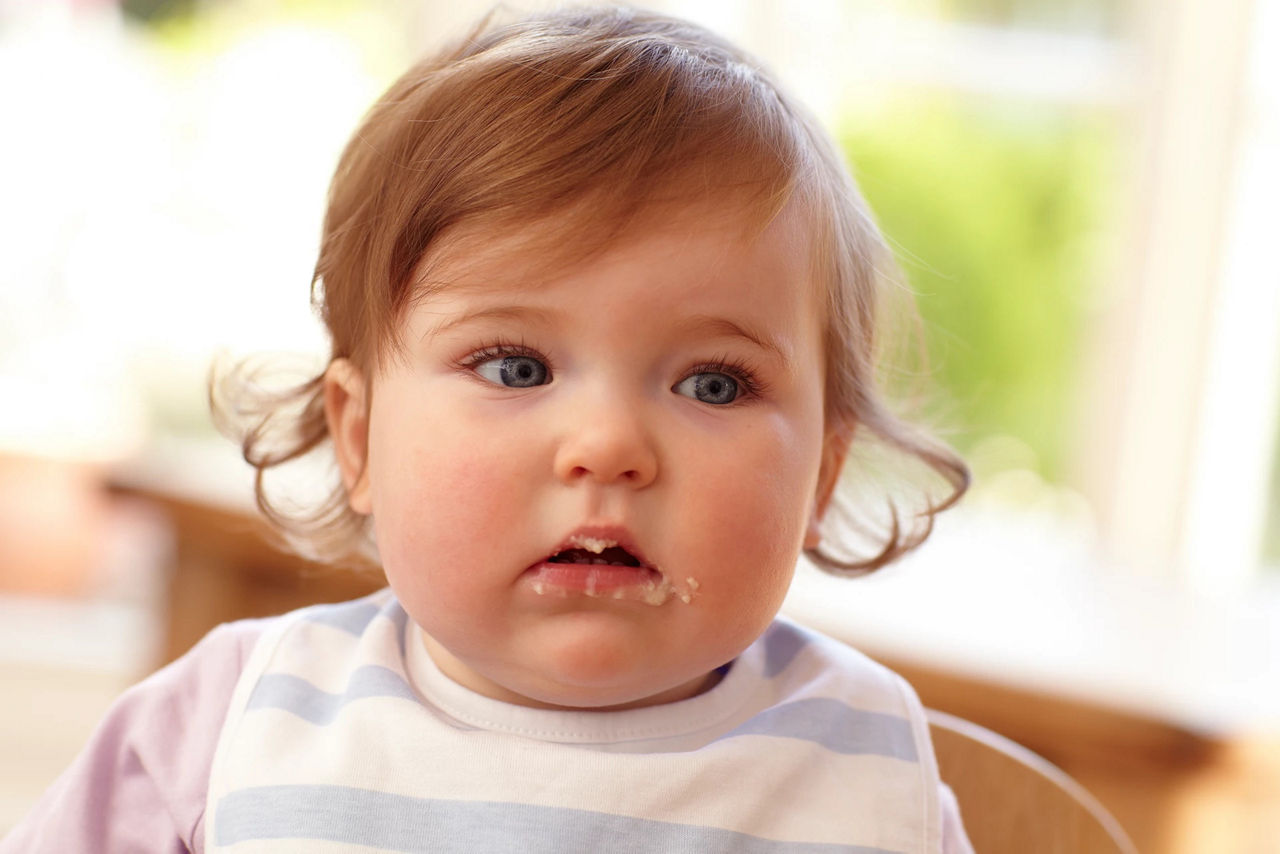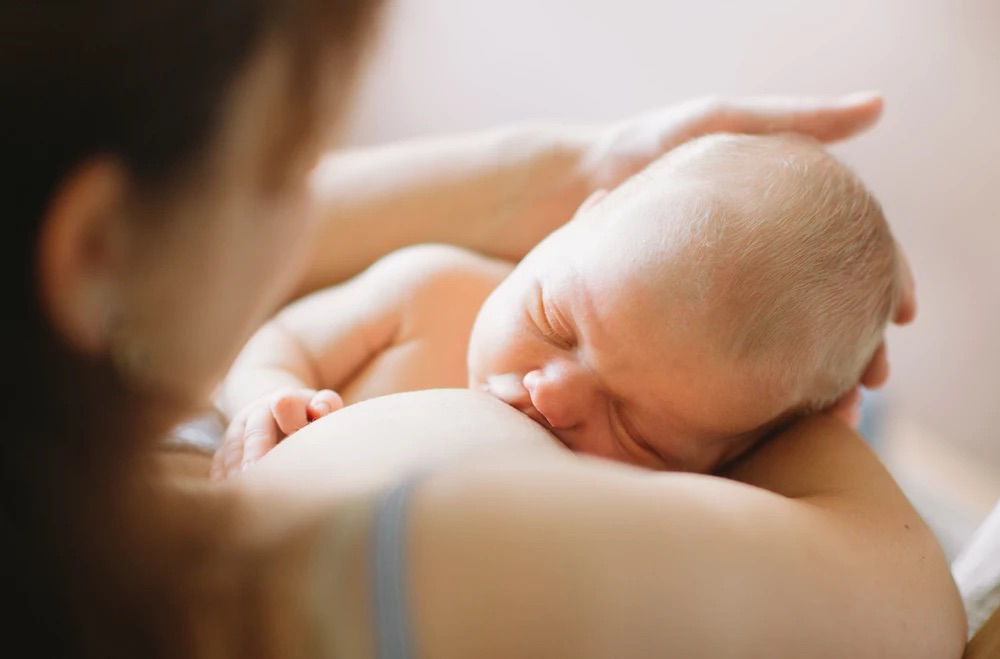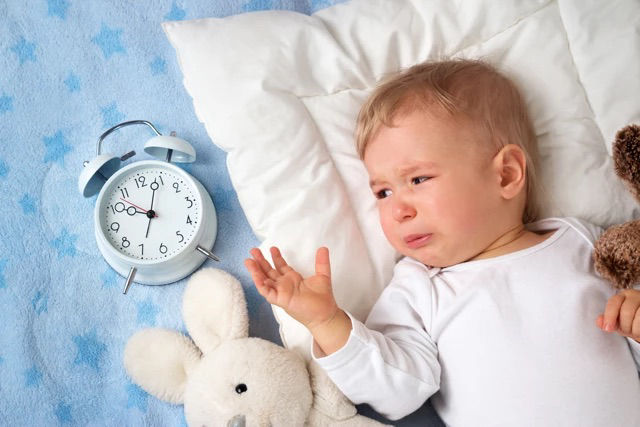Oral thrush is a common fungal infection in the mouth1 caused by a fungus called Candida albicans. In most cases, oral thrush isn’t serious and can be easily treated.
Oral thrush in babies
What is oral thrush in babies?

Thrush in babies’ mouths
Thrush in your baby’s mouth can appear as white spots or patches on their gums and tongue, as well as on the roof of their mouth and the inside of their cheeks1. These spots and patches might look like milk spots, but when you try to wipe them with a clean cloth, they won’t come off, and you’ll see a raw area underneath them.
Signs and symptoms of oral thrush in babies
As well as the white spots and patches in the mouth, other signs and symptoms of oral thrush might include your baby2:
- Being unsettled during feeding.
- Refusing your breast or their bottle.
- Having a white film on their lips.
- Experiencing a persistent nappy rash.
How do babies get oral thrush?
There are a number of reasons why babies get oral thrush. Most commonly, it’ll be as the result of taking antibiotics for another infection. This is because although antibiotics reduce the amount of harmful bacteria in the body, they also reduce the amount of good bacteria, too. This creates the perfect environment for the candida fungus that causes thrush to flourish, and appear in your baby's mouth2.
If you’re breastfeeding, thrush infections can sometimes occur when your nipples become cracked and damaged, allowing candida fungus to get to the nipple and breast. As a result, the infection can then be passed back and forth between your breast and your baby’s mouth.
Oral thrush treatment for babies
Since thrush is easily passed back and forth between you and your baby, it’s best for you both to be treated at the same time, even if one of you doesn’t have any symptoms1,2,3.
Thrush in babies’ mouths is normally treated with an anti-fungal gel or liquid which is safe for babies over 4 months. Remember to always wash your hands carefully after applying the anti-fungal treatment to your baby’s mouth, and always follow the instructions you’ve been given by your GP.
You should start noticing an improvement in your baby’s symptoms around two to three days after the treatment has started.
Thrush in breastfeeding mums is commonly treated with a special cream that needs to be applied on and around the nipples. This will need to be done after every feed and it’s important to wash your hands after applying the cream. In some cases, you may also need to take antifungal tablets to treat the infection.
You should speak to your GP if your baby is under 4 months and showing signs of oral thrush, as they may need a different course of treatment than that required by older babies.
If you haven’t seen any improvement in your baby’s, or your own, symptoms after seven days of treatment, make an appointment with your GP or health visitor.
Do home remedies work?
Whilst you may have heard about certain home remedies to treat oral thrush in babies, they’re not usually recommended. Speaking to your midwife or GP is always the best course of action if you suspect that your baby is suffering with oral thrush. That way you can rest assured you’re being advised on the best course of action to treat it.
Although home remedies aren’t recommended, there are a few things you can do to help prevent thrush from occurring again:
- Sterilise your baby’s bottles after each use.
- Make sure that other things like dummies and feeding equipment are also sterilised regularly.
- When breastfeeding, wash your breasts after every feed with plain water, pat dry with a clean cloth and apply your prescribed treatment if you still have thrush.
- Keep your breasts dry and clean, avoiding any potential sources of fungus to develop.
- Change your breast pads frequently and wear a clean bra.
- Use a hot temperature cycle when washing towels and clothes (especially breastfeeding bras) to kill any fungus or bacteria that they might have been in contact with.
Can oral thrush go away on its own?
Although not a serious problem in most cases, if left untreated, oral thrush can spread to other parts of the body. To prevent this from happening, and to minimise any discomfort for you and your baby, it’s always advisable to seek advice from your healthcare professional.
How to feed babies with oral thrush
If your baby has oral thrush, you should continue to feed them as you normally would. There’s no reason for breastfeeding or bottle feeding to be interrupted, even if both you and your baby have been diagnosed with thrush.
It’s possible that your baby might become a little more irritable than normal during feeds, but keep offering them either breast or bottle, let the treatment kick in and before you know it your baby will be back to feeding normally.
Where thrush has been diagnosed and you are breastfeeding, it’s important to use any expressed milk whilst you’re still having treatment, as freezing it and giving it to your baby later on could result in the thrush coming back2.
Oral thrush can be painful for both you and your baby. That’s why it’s always best to talk to your midwife or GP if you think that this is a problem. They’ll be able to advise you on the treatment that will work best for you and your baby, and get you both back to enjoying feeding time again.
Related articles

Need some help?
You can get quick answers to common questions in our FAQs.
Alternatively, if you need help with general pregnancy or baby advice, or maybe on using or ordering our products - our expert team are always on hand to talk about feeding your baby.




